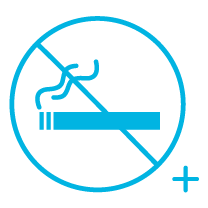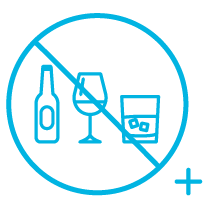Monthly Well-Being Newsletter: Heart Health | February
Feb 3, 2025
February is Heart Month. High blood pressure, also known as hypertension, is the most common disease in the United States. There are many things people can do to improve their heart health.
Hypertension is called the silent killer because there are often little or no signs. This makes it important to get your annual physical and routinely check your blood pressure.

Heart Healthy diets focus on vegetables, fruit, whole grains and lean protein. Limit unhealthy fats, limit sodium and limit sugar.

Excess weight leads to a higher risk of heart disease. Weight loss comes from a combination of diet and exercise.

Your heart is a muscle, and you can strengthen it with exercise. Aerobic exercise and strength training are great for healthy hearts. *Speak with your physician when starting a new exercise regimen.

Smoking can damage heart and blood vessels. Check out these tobacco cessation tips.

Heavy drinking is linked to several poor health outcomes including heart disease. Moderate drinking is defined as 1 drink or less per day in women and 2 drinks or less per day in men.
Remember the acronym F.A.S.T to identify symptoms of a stroke.
For both heart attacks and stroke, speed in getting the person to the hospital can make all the difference in recovery and/or survival.
Go here for more information on Stroke Prevention.